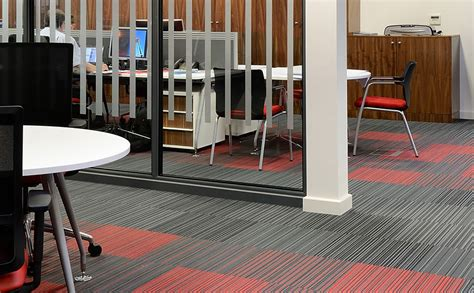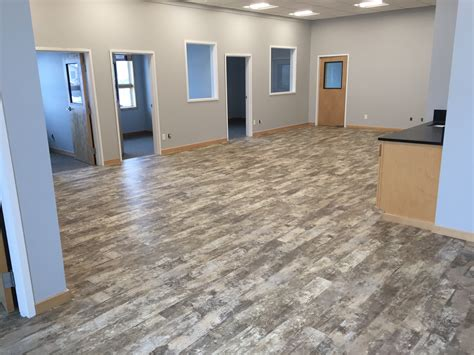Choosing the right type of flooring for your home or workplace is crucial – you must consider factors such as maintenance and ease of cleaning. Carpets can collect bacteria, dust, and dead skin cells, making them difficult to keep clean. Therefore, it is difficult to remove all traces of dirt by vacuuming. Deep cleaning is not feasible every few months. On the other hand, wood or tiled floors are easier to maintain and clean.
Vinyl is a laminated material available in tile and plank sizes. Although it is less hygienic than wood laminate, it is widely used because it is easy to clean and maintain. A significant advantage of vinyl flooring is its 100 percent adhesion to the surface. This makes it an ideal choice for health-related environments, such as those in hospitals and nursing homes.
Resinous flooring is another option. Resinous flooring is resistant to acid and alkali, which means it can stay intact even when subjected to high-pH environments. Moreover, it is highly durable and easy to clean. Compared to concrete, resinous flooring is very warm underfoot. It is easy to clean and can be extended outside.
There are many reasons to consider the hygiene of flooring, especially in the workplace. High traffic areas will require more cleaning so the easier this is, the more efficient your workplace will be. Flooring that becomes full of allergens, dirt and bacteria can have a negative impact on the health of those working in the building. Any rise in sickness levels is always going to negatively impact a company’s bottom line. To keep on top of hygiene, consider Office Cleaning Forest of Dean from a site like intocleaning.co.uk/services/office-cleaning-gloucestershire/office-cleaning-forest-of-dean/

Recycled glass is another option for hygienic flooring. Recycled glass does not have pores or free spaces, so it does not trap allergens and dust. Additionally, hardwood flooring manufactured with low emission finishes is an excellent option for areas with pets. Another all-natural option for hygienic flooring is marmoleum. Marmoleum uses natural resources for its manufacturing process and only uses low emission adhesives. It comes in a wide variety of styles, from traditional tiles to long flooring panels.
While carpeted flooring may be useful in certain settings, it is not hygienic and poses a higher risk of contamination and infection. Infection can easily spread through flooring that has no adequate chemical resistance. Resinous coating systems reduce the risk of pathogenic contaminants entering the flooring. These floors can also be used to provide an additional layer of protection for your home or workplace.
